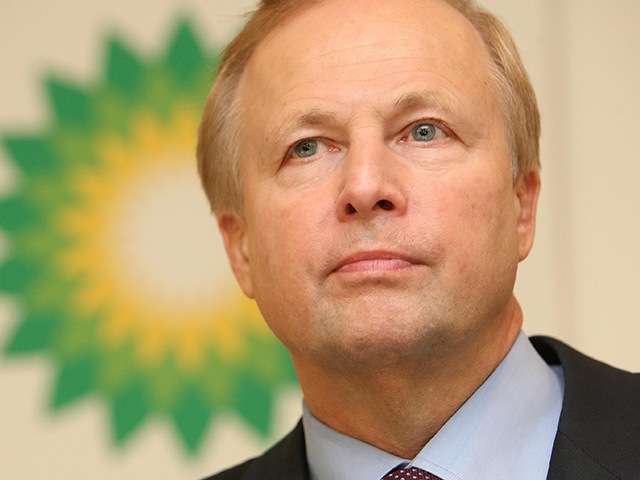
BP’s boss praised the oil major’s “steady progress” as profits soared in the first-half of 2018.
UK-headquartered BP chalked up pre-tax profits totalling £6.7 billion, up 190% year-on-year, while revenues increased to £111bn from £86bn.
The firm’s underlying replacement cost profits more than doubled to £4.1bn.
Upstream production climbed 5.2% to 2.5 million barrels of oil equivalent per day.
Buoyed by the improvement, BP is increasing its dividend 2.5% to 10.25 cents (7.81p) per share, the first rise since the third quarter of 2014.
The company also bought back 29 million ordinary shares in the first six months of 2018 at a cost of £150 million.
Payments linked to the Gulf of Mexico oil spill in 2010 totalled £1.8bn in the first half.
Net Debts were £29.8bn at the end of June, down from £30.2bn a year earlier.
Highlights from the period under review include a deal to buy Chargemaster, UK’s largest electric vehicle (EV) charging company, and an investment in ultra-fast charging battery developer StoreDot.
BP also committed to developing the Alligin and Vorlich are satellite fields in the UK North Sea. They are expected to produce 30,000 barrels gross of oil equivalent a day, starting in 2020.
Since the period ended, BP has announced the £8bn purchase of BHP Billiton’s US shale assets, first gas from the Shah Deniz 2 project in Azerbaijan, and a deal to buy 16.5% of the Clair field, west of Shetland, from ConocoPhillips.
First oil from Clair Ridge, the second phase of development for the Clair field, is expected before the end of 2018.
BP chief executive Bob Dudley said: “We continue to make steady progress against our strategy and plans, delivering another quarter of strong operational and financial performance.
“We brought two more major projects online, high-graded our portfolio through acquisitions such as BHP’s US onshore assets and invested in the future with the creation of BP Chargemaster.
“Given this momentum and the strength of our financial frame, we are increasing our dividend for the first time in almost four years.
“This reflects not just our commitment to growing distributions to shareholder but our confidence in the future.”
BP expects crude prices to stay between $50-$65 in the near to medium term.
BP’s 2018 breakeven oil price is $50, and the company is working to reduce that to $35-$40 by 2021.
Biraj Borkhataria, analyst at RBC Europe, said: “We expect improving earnings and cash generation to show through early 2018 as BP captures higher commodity prices and widening crude spreads.
“We expect BP’s cash flow generation to improve this year, both on an absolute basis and relative to peers. This should help improve confidence around BP’s dividend.”
Recommended for you

